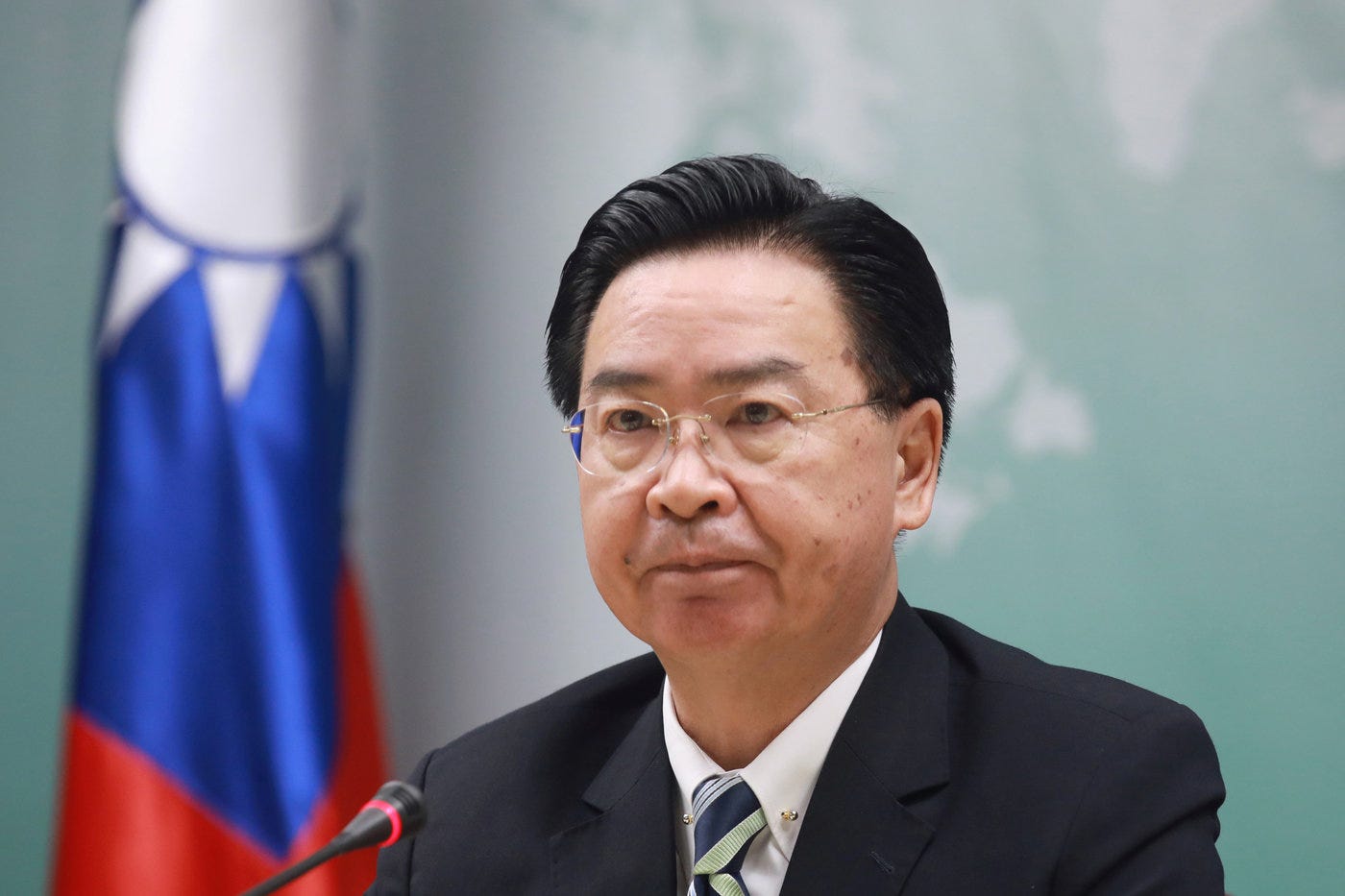Like Putin Who Invaded Ukraine, Xi Jinping Could Be Tempted to Attack Taiwan to Make People Forget His Internal Setbacks.
Taiwan is using Ukraine's decentralized defense model to prepare for a possible CCP attack on its island.
Taiwan does not want war but it is preparing for it. What has been happening since the beginning of 2022 in Ukraine with the Russian aggression has clearly shown the world why even when you are on the side of peace, you have to be prepared to go to war to defend that peace. The last few weeks have seen Xi Jinping harden his positions, at the Chinese Com…
Keep reading with a 7-day free trial
Subscribe to Sylvain Saurel’s Newsletter to keep reading this post and get 7 days of free access to the full post archives.




